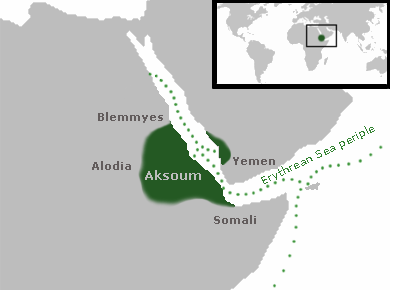Lone Wolf
Deity
- Joined
- Dec 4, 2006
- Messages
- 9,908
Again, I think Rhye has a rule about overlapping another player's core area (dark green) with other people's favored territories.
India's core area is yellow for Britain.
Again, I think Rhye has a rule about overlapping another player's core area (dark green) with other people's favored territories.
And why the hell the japanese have green in north america?
Of course they aren't the same, but let us stick to the point. You asked: "When did Germany occupy any part of modern France and not collapse?" Answer: "In 1871, the newly unified German empire occupied North-Eastern France, including Paris, and Germany did not collapse". You may quibble over the meaning of the word "occupy" (just how long does an occupation need to last in order to deserve the name?), but, taken literally, your question has a clear answer, e.g. the one I have given above.
I think China needs some spots along the western American coast then. Chinatowns in Vancouver and San Francisco are pretty big.Immigration.
Immigration.
I've always wondered which represents Charlemagne's empire better - Germany or France. I'm pretty sure he was a Frank, but since Germany can have the title of HRE...I don't know.
Depends on your perspective perhaps, but I would have called it emigration.
And if Alexander didn't split his empire, perhaps the Middle East would simply be one country.If Charlemagne's Frankish empire hadn't been split amongst his sons upon his death, there is a reasonable case to mount that there wouldn't be a distinction between France and Germany today.
These are STABILITY maps, not SETTLER maps.It is to prevent China from settling Mongolia's area...
Taken literally, with no attention paid whatsoever to the context of this site, forum, or thread, I confess you are correct. Let me say again, when did Germany occupy any part of France (with the exception of the Alsace region) for a prolonged period (i.e. for some length of time that is practical for application in this particular mod of this particular game presently being discussed in this particular message thread) without destabilizing both Europe and Germany itself?
Are we now in agreement?
Looking at the German stability map, it looks like covering the area post-unification (from 19th century).
But Germany spawns much earlier (around 800AD) and it represents the HRE too.
If this view is true (in RFC Germany = HRE+Germany) then the stability map should have some more yellow colour to the west to cover the netherlands and the western part of France.

No.And if Alexander didn't split his empire, perhaps the Middle East would simply be one country.
Is it really that ethnically diverse?No.
The differences today between French and German people was due pricipally to the split of Charlemagnes empire some 1200 years ago. To compare this situation with the ethnically diverse situation in the Middle East however is profoundly absurd.

Yes. It was in ancient times and it still is today.Is it really that ethnically diverse?
And that wasn't the point. The point was that even though we have Babylon, Persia and Egypt, we also have Greece, who is able to conquer those previous mentioned civs without taking a hit to stability.
I know what you're saying, but I don't exactly get why. My reaction basically is "okay, so?"No. My point was that modern France and Germany originated from the same civilisation, the Franks. If the Frankish empire after Charlemagne hadn't been split amongst his sons, my point was that there is a reasonable case to suggest that today we wouldn't have French and German but rather just one nationality.
I know what you're saying, but I don't exactly get why. My reaction basically is "okay, so?"
